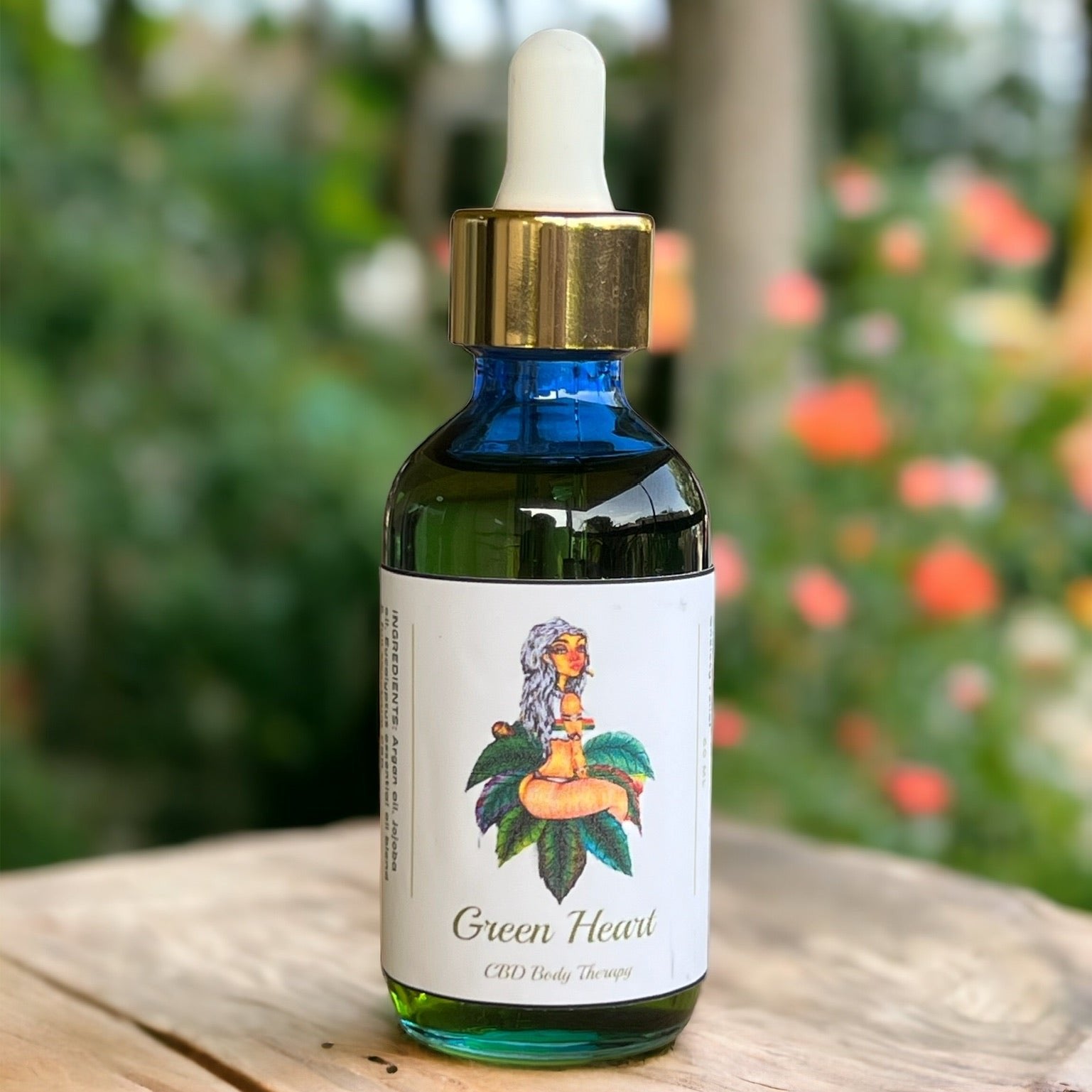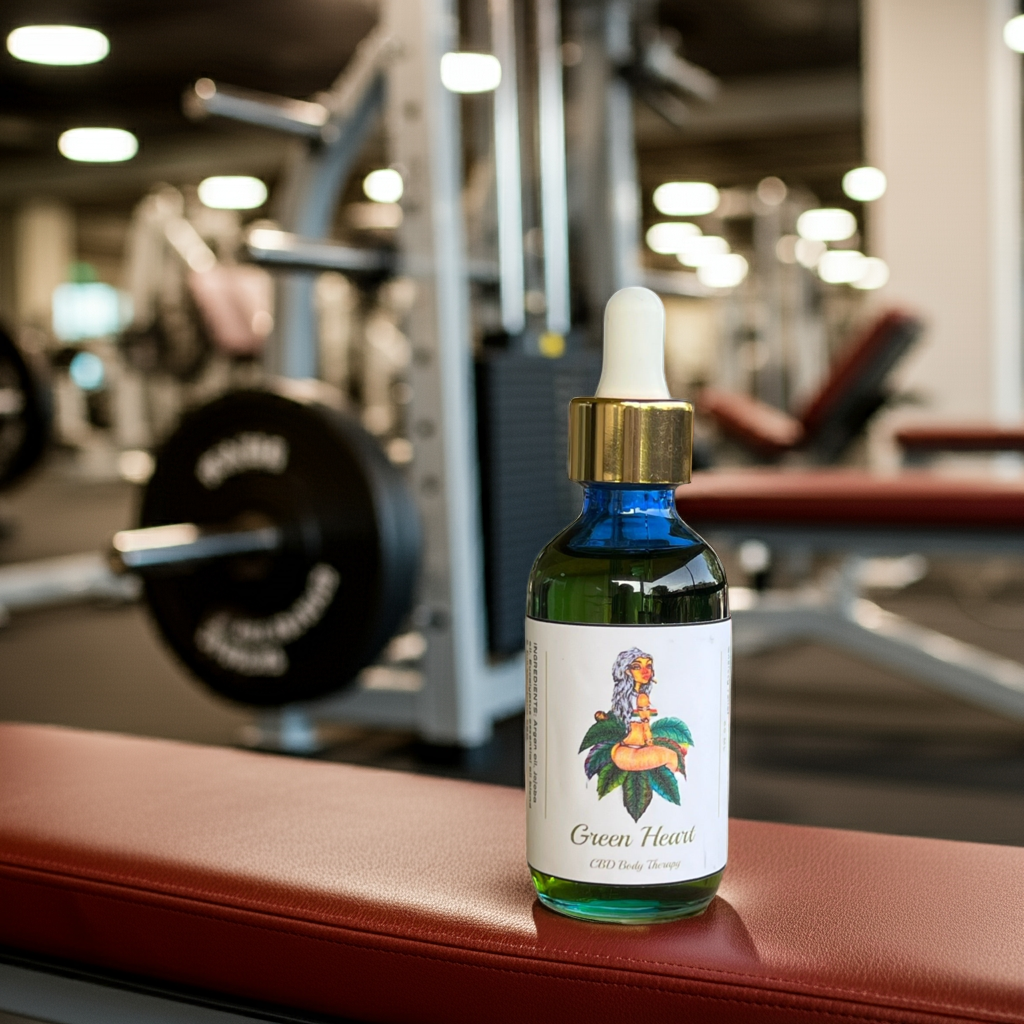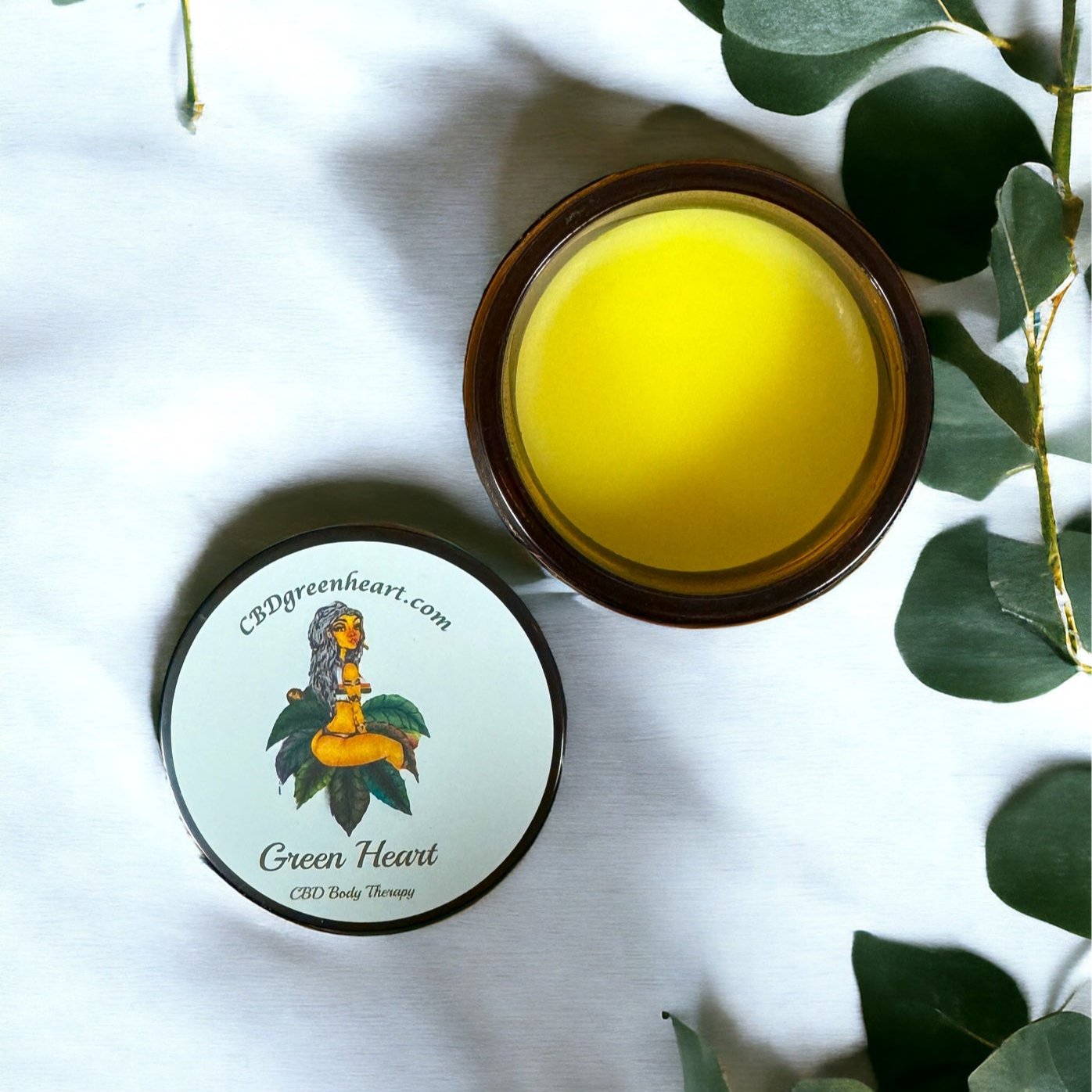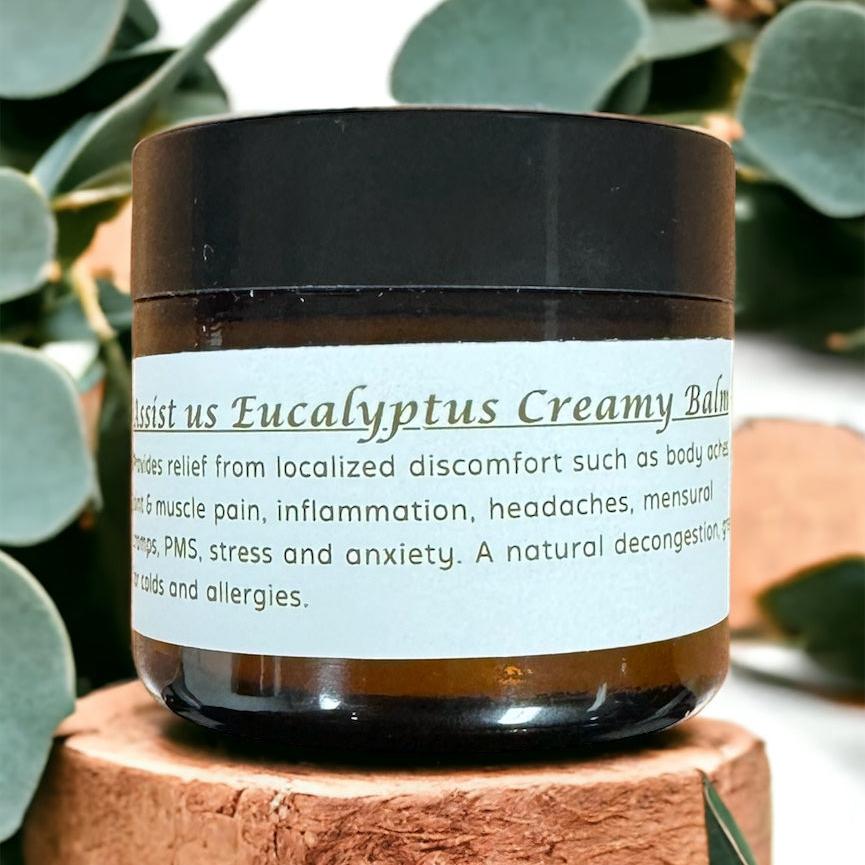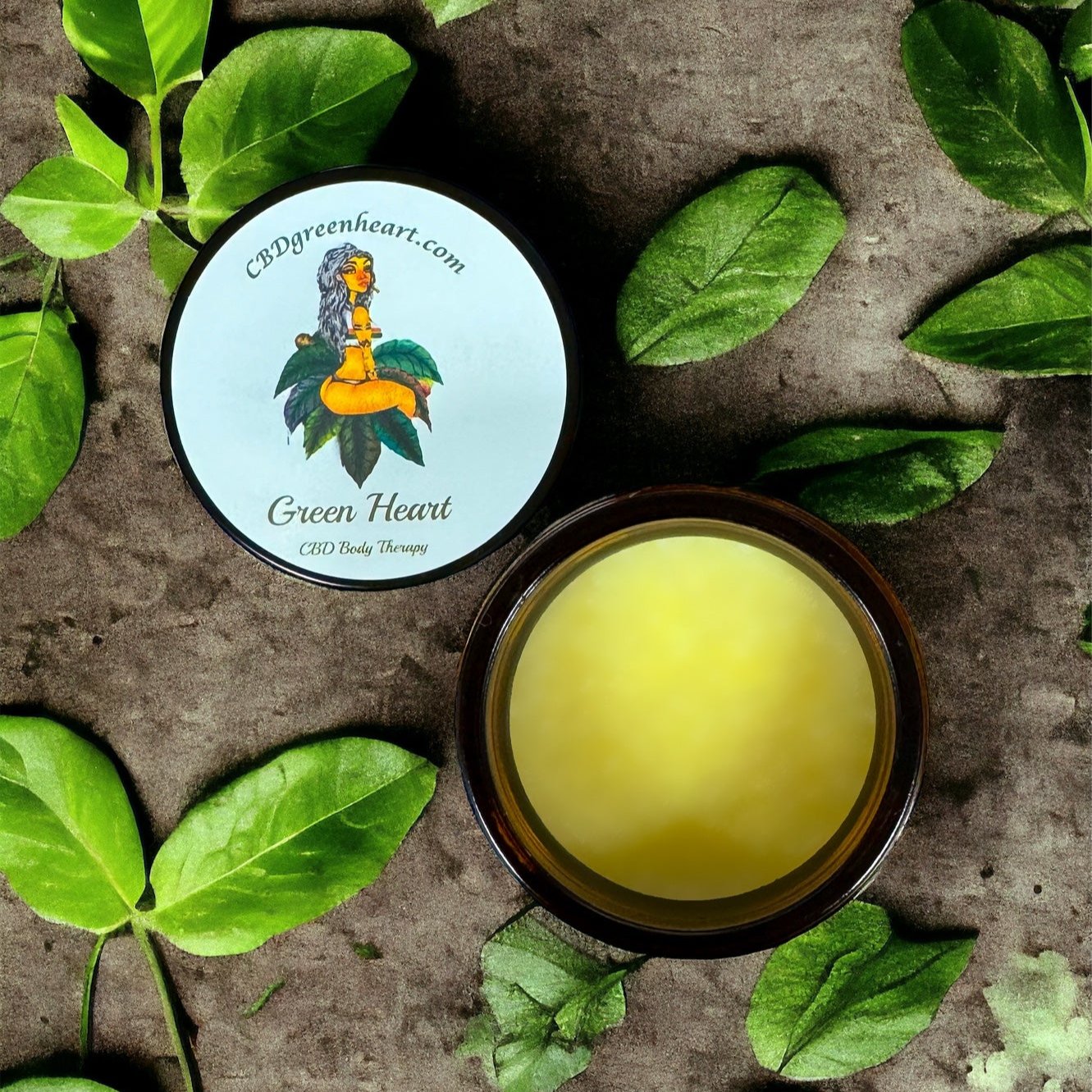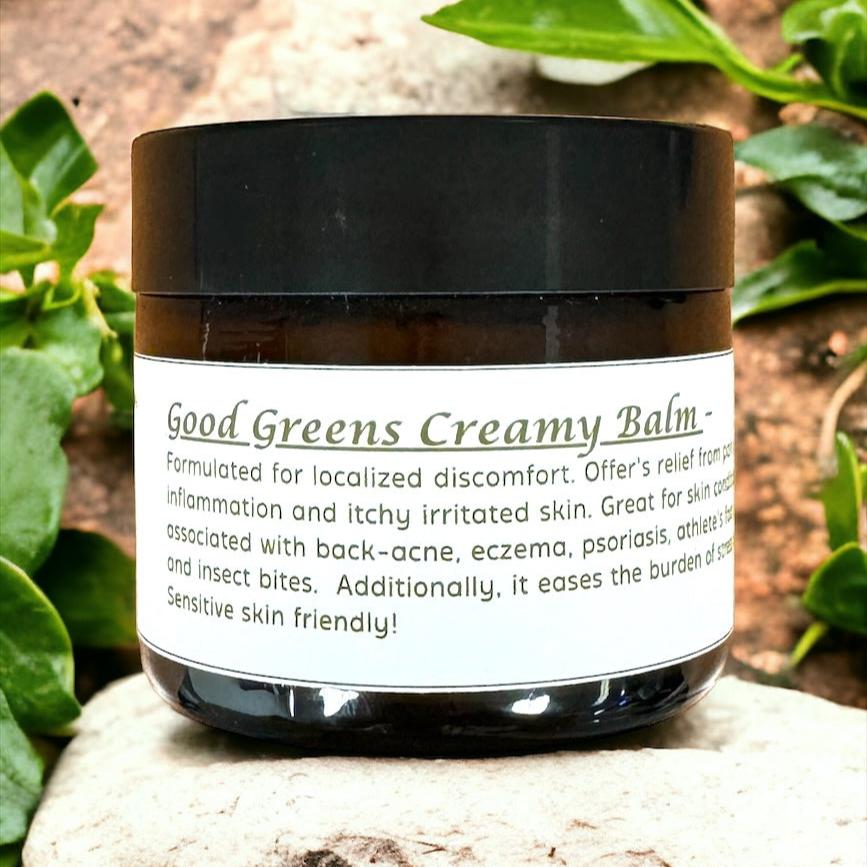
Separating Fact from Fiction: Dispelling the Myths Surrounding CBD
By Moneque Waite
0 comments
As CBD continues to gain popularity as a natural remedy for various ailments, so too do the myths and misconceptions surrounding this versatile compound. In this article, we'll debunk some of the most common myths about CBD and provide evidence-based facts to set the record straight.
Myth #1: CBD Gets You High
Fact: Unlike THC, the psychoactive compound found in cannabis, CBD is non-psychoactive and does not produce a "high" sensation. Instead, CBD interacts with the body's endocannabinoid system to promote balance and homeostasis without altering consciousness.
Myth #2: CBD Is Only for Pain Relief
Fact: While CBD is indeed effective for managing pain and inflammation, its therapeutic benefits extend far beyond pain relief. CBD has been shown to help alleviate symptoms of anxiety, depression, insomnia, epilepsy, and various other health conditions, making it a versatile remedy for overall well-being.
Myth #3: All CBD Products Are the Same
Fact: Not all CBD products are created equal. The quality, potency, and efficacy of CBD products can vary greatly depending on factors such as extraction methods, sourcing, and third-party testing. It's essential to choose reputable brands that prioritize quality and transparency to ensure you're getting a safe and effective product.
Myth #4: CBD Is Addictive
Fact: CBD is not addictive and does not produce physical dependence, as evidenced by numerous studies and clinical trials. In fact, CBD has been investigated as a potential treatment for addiction to substances like opioids and nicotine due to its ability to modulate the brain's reward pathways and reduce cravings.
Myth #5: CBD Is Illegal Everywhere
Fact: While CBD derived from marijuana remains illegal at the federal level in the United States, CBD derived from hemp containing less than 0.3% THC is legal under the 2018 Farm Bill. Many states have also legalized the use of medical or recreational cannabis, further expanding access to CBD products for consumers.
By dispelling common myths and misconceptions about CBD, we hope to empower consumers to make informed decisions about their health and well-being. With its growing body of scientific evidence and widespread acceptance, CBD offers a promising natural remedy for a wide range of health conditions.
Myth #1: CBD Gets You High
Fact: Unlike THC, the psychoactive compound found in cannabis, CBD is non-psychoactive and does not produce a "high" sensation. Instead, CBD interacts with the body's endocannabinoid system to promote balance and homeostasis without altering consciousness.
Myth #2: CBD Is Only for Pain Relief
Fact: While CBD is indeed effective for managing pain and inflammation, its therapeutic benefits extend far beyond pain relief. CBD has been shown to help alleviate symptoms of anxiety, depression, insomnia, epilepsy, and various other health conditions, making it a versatile remedy for overall well-being.
Myth #3: All CBD Products Are the Same
Fact: Not all CBD products are created equal. The quality, potency, and efficacy of CBD products can vary greatly depending on factors such as extraction methods, sourcing, and third-party testing. It's essential to choose reputable brands that prioritize quality and transparency to ensure you're getting a safe and effective product.
Myth #4: CBD Is Addictive
Fact: CBD is not addictive and does not produce physical dependence, as evidenced by numerous studies and clinical trials. In fact, CBD has been investigated as a potential treatment for addiction to substances like opioids and nicotine due to its ability to modulate the brain's reward pathways and reduce cravings.
Myth #5: CBD Is Illegal Everywhere
Fact: While CBD derived from marijuana remains illegal at the federal level in the United States, CBD derived from hemp containing less than 0.3% THC is legal under the 2018 Farm Bill. Many states have also legalized the use of medical or recreational cannabis, further expanding access to CBD products for consumers.
By dispelling common myths and misconceptions about CBD, we hope to empower consumers to make informed decisions about their health and well-being. With its growing body of scientific evidence and widespread acceptance, CBD offers a promising natural remedy for a wide range of health conditions.

